HALLOFFAME

te to the individuals who have played a le in the development, transformation, and history of Andover Newton





te to the individuals who have played a le in the development, transformation, and history of Andover Newton



Adoniram Judson Jr., a pioneering American missionary, was born in Malden, Massachusetts in 1788 and educated at Andover Theological Seminary. There, he developed a lifelong commitment to international missions, co-founding the American Board of Commissioners for Foreign Missions in 1810—the nation’s first foreign missionary society.
In 1812, Judson and his wife, Ann, set sail for Asia and ultimately settled in Burma (modernday Myanmar), where they would labor for decades. Despite early setbacks—including imprisonment and the death of his wife and child—Judson persisted, eventually achieving significant success, particularly among the Karen people. His efforts led to the establishment of the Burmese Christian church, with over 7,000 members by the time of his death.
A gifted linguist, Judson translated the entire Bible into Burmese, a monumental contribution that continues to shape Christian life in the region. His 37-year missionary career, marked by resilience, sacrifice, and cultural sensitivity, established him as a foundational figure in American and global Christian missions.
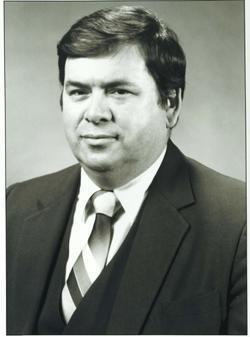

Orlando Costas was a pioneering Latinx theologian, pastor, and educator whose work significantly advanced liberation theology and inclusive theological education. Born in Puerto Rico in 1942 and raised in diverse Christian communities, Costas immigrated to the United States as a youth, confronting racism and cultural displacement— experiences that deeply shaped his theological outlook and lifelong commitment to justice. Ordained in 1965 by the American Baptist Churches of Puerto Rico, Costas served in pastoral and academic roles across the U.S., Puerto Rico, Costa Rica, and beyond. He emphasized ministry to the marginalized, rooted in a theology that uplifted the poor, the oppressed, and the culturally displaced. His work included missionary service, teaching at Eastern Baptist Theological Seminary, and publishing influential writings on homiletics, evangelism, and missiology.
In 1984, Costas was appointed academic dean of Andover Newton Theological School, where he championed access for minority students and led the creation of a Latinx theological studies program that endures today as a lecture series. His vision of contextual and liberative theological education remains influential across denominational lines. Costas passed away in 1987 after a short battle with cancer, but his legacy continues through his theological contributions, institutional impact, and enduring influence on justice-oriented ministry.


Davida Foy Crabtree is a pioneering minister, activist, and denominational leader whose career has been defined by a lifelong commitment to justice, inclusive ministry, and the empowerment of women in the church. Born in 1944 in Waterbury, Connecticut, she discerned her call to ministry as a teenager at Silver Lake, a United Church of Christ (UCC) summer camp, despite the barriers posed by widespread sexism in religious life at the time.
Crabtree studied sociology, anthropology, and biology at Marietta College in Ohio before entering Andover Newton
Theological School in 1967. At a time when few women pursued theological education, she advocated for gender equity and helped lay the groundwork for a more inclusive learning environment. Her leadership began early: in 1969, she was elected vice president of the National Council of Churches while still a student.
Following her graduation in 1971, Crabtree served as a campus minister and founded the Prudence Crandall Center for Women in New Britain, Connecticut, a shelter and advocacy organization still in operation today. She went on to serve as pastor of Colchester Federated Church and later became the first woman to serve as Conference Minister for the Southern California Conference of the UCC. In 1996, she returned to Connecticut to lead the state’s UCC Conference, where she served until her retirement in 2010.
Crabtree also served on the Andover Newton Board of Trustees and twice as interim Director of Development, continuing her advocacy for theological education and leadership development. Today, she remains an influential voice on feminist theology and environmental justice from her home in Bloomfield, Connecticut.
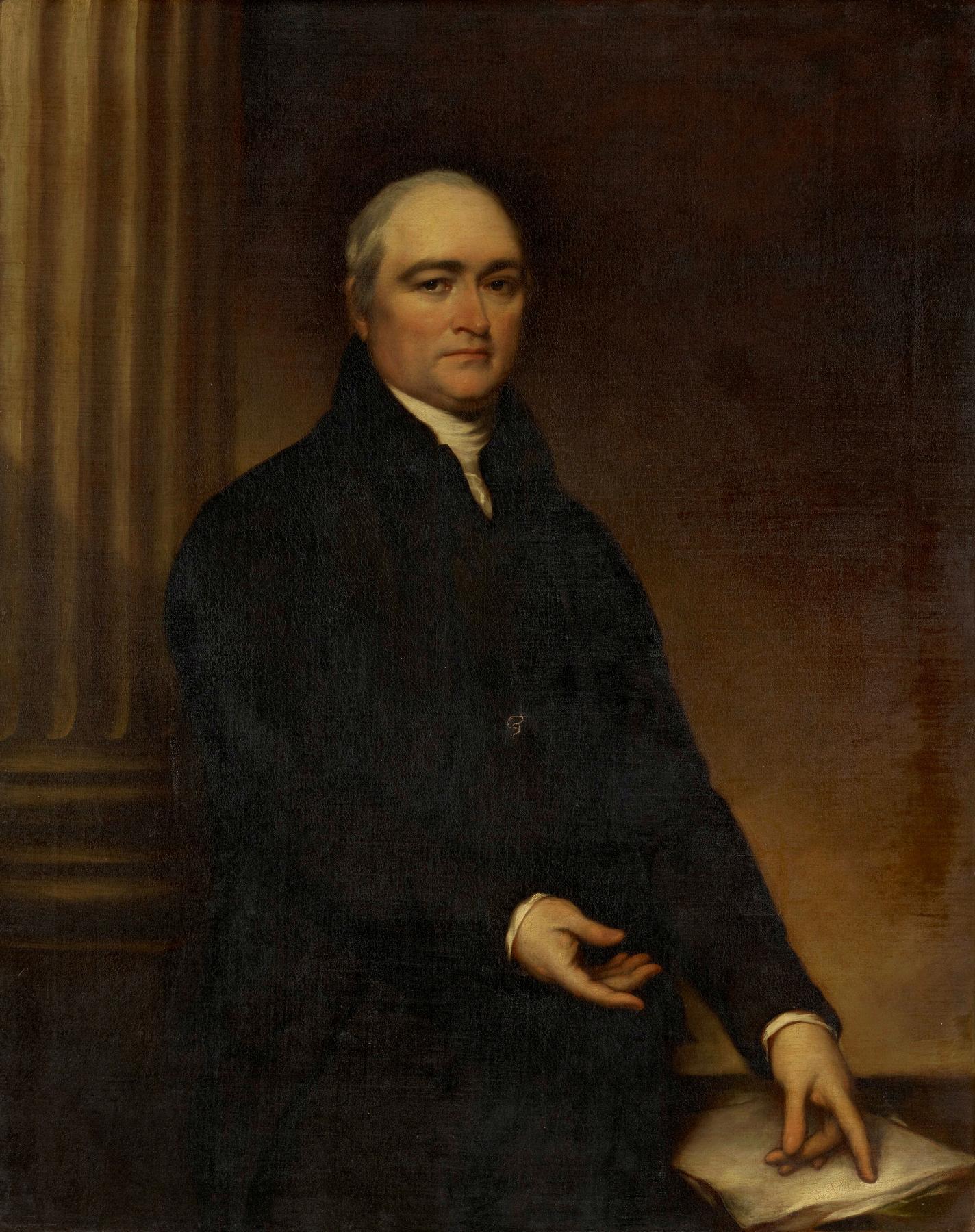

Timothy Dwight IV was a renowned educator, minister, and public intellectual who played a central role in shaping American theological education and higher learning in the post-Revolutionary era. Born into a prominent New England family in 1752, Dwight was the grandson of theologian Jonathan Edwards and displayed prodigious academic talent from a young age, entering Yale College at thirteen and earning a master’s degree shortly thereafter.
A chaplain during the Revolutionary War, Dwight later served as a pastor and legislator before being appointed president of Yale College in 1795. Under his dynamic leadership, Yale became the largest and most influential institution of higher education in North America, known for both academic rigor and religious vitality.
In 1808, Dwight delivered the inaugural sermon for the opening of Andover Theological Seminary, advocating for a learned, faithful clergy rooted in communal study and Reformation ideals. His address helped define the mission of the first graduate-level theological school in the United States.
Though his contributions to education, ministry, and public life were substantial, Dwight’s legacy is complicated by his ownership of at least one enslaved person, a fact that casts a shadow over his otherwise celebrated life. He died in 1817, leaving behind an enduring influence on generations of American clergy and scholars.

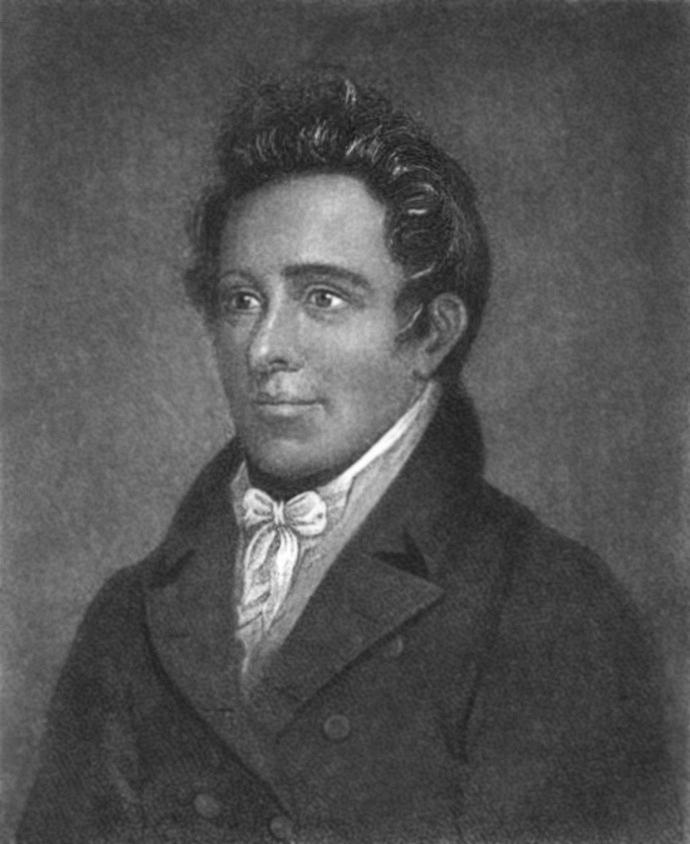
Henry ʻŌpūkahaʻia was a Native Hawaiian scholar and Christian convert whose life helped catalyze the 19thcentury Protestant missionary movement to Hawai‘i. Born in 1792 in the Kaʻū district of the Sandwich Islands (now Hawai‘i), he was orphaned during a civil war and fled to the United States in 1809 seeking a new beginning.
After arriving in New England, ʻŌpūkahaʻia encountered Yale student Edwin Dwight and his relative, Yale president Timothy Dwight, who, along with Samuel Mills, recognized his intellectual and spiritual potential. He studied English, Latin, and Hebrew, and eventually embraced Christianity while studying alongside Mills at Andover Theological Seminary.
ʻŌpūkahaʻia became one of the first students at the Foreign Missions School in Cornwall, Connecticut, where he prepared to return to Hawai‘i as a missionary. He translated portions of the Bible into Hawaiian and began drafting a Hawaiian language primer, laying the foundation for future missionary efforts.
Though he died of typhoid fever in 1818 at age 26 before he could return home, ʻŌpūkahaʻia’s life and testimony inspired the American Board of Commissioners for Foreign Missions to send the first group of missionaries to Hawai‘i. He is honored today as a spiritual forerunner of Christianity in the Hawaiian Islands and a symbol of cultural and religious exchange.
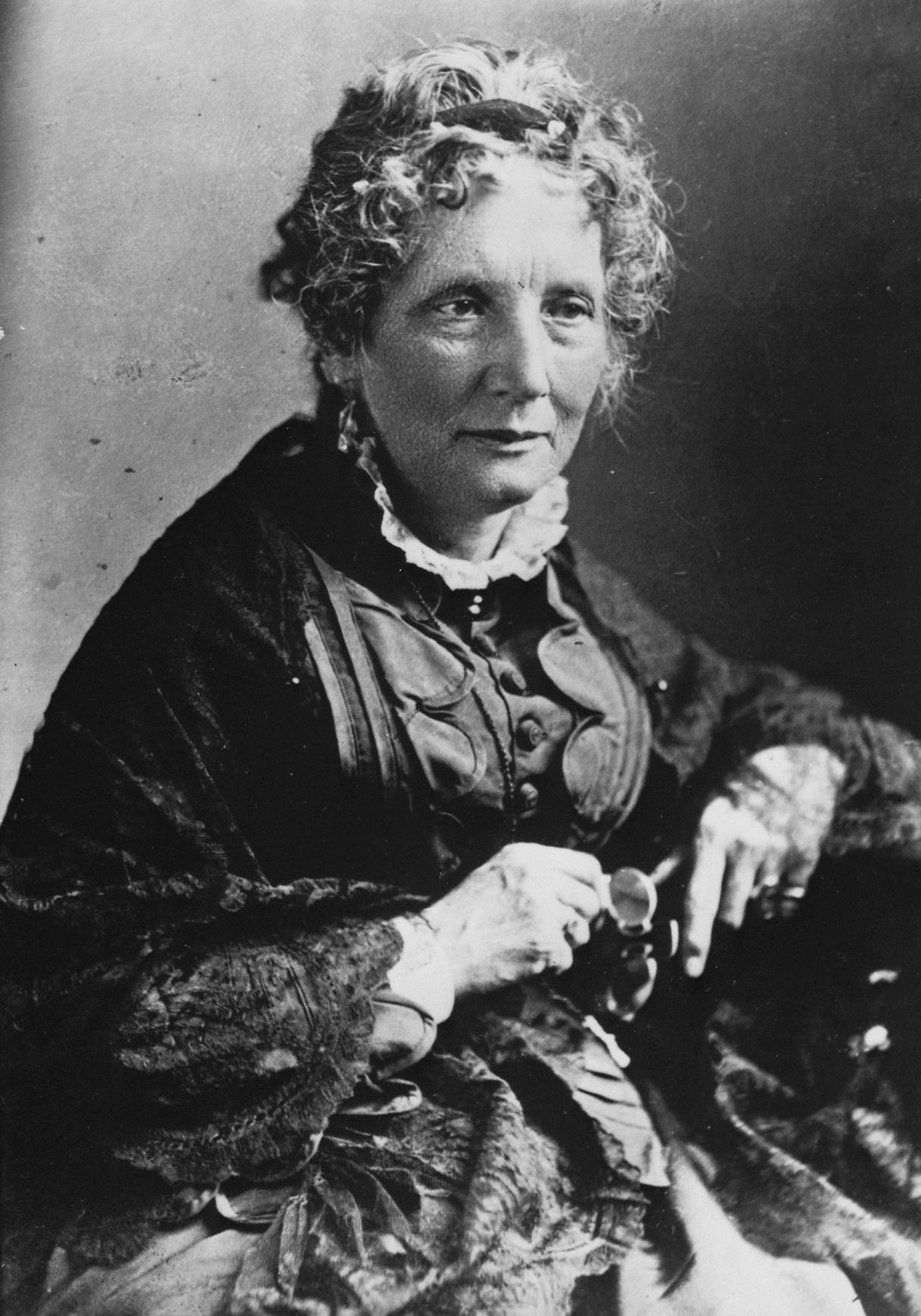

Harriet Beecher Stowe was a prominent American author, abolitionist, and moral reformer best known for her groundbreaking anti-slavery novel Uncle Tom’s Cabin. Born in Connecticut in 1811 into the influential Beecher family, she was deeply shaped by her father’s Calvinist convictions and her family's tradition of public advocacy. While living in Cincinnati with her husband, Calvin Stowe, she actively supported the Underground Railroad and witnessed the brutal realities of slavery firsthand.
In 1852, Stowe published Uncle Tom’s Cabin, a novel inspired by a powerful vision and her religious convictions. Originally serialized in newspapers, the book became a national sensation, selling over 300,000 copies in its first year. It galvanized Northern sentiment against slavery and stirred controversy in the South, marking it as one of the most influential works of the 19th century.
Following its publication, the Stowes moved to Andover Theological Seminary, where Harriet’s growing fame intensified the institution’s reformist spirit. She remained an outspoken advocate for abolition and was famously acknowledged by President Abraham Lincoln, who reportedly referred to her as “the little woman who started this great war.”
Stowe continued writing into her later years, producing novels, poetry, and essays, though none rivaled the impact of Uncle Tom’s Cabin. She died in Hartford in 1896, leaving a legacy as one of the most influential literary voices in American history and a vital figure in the fight against slavery.

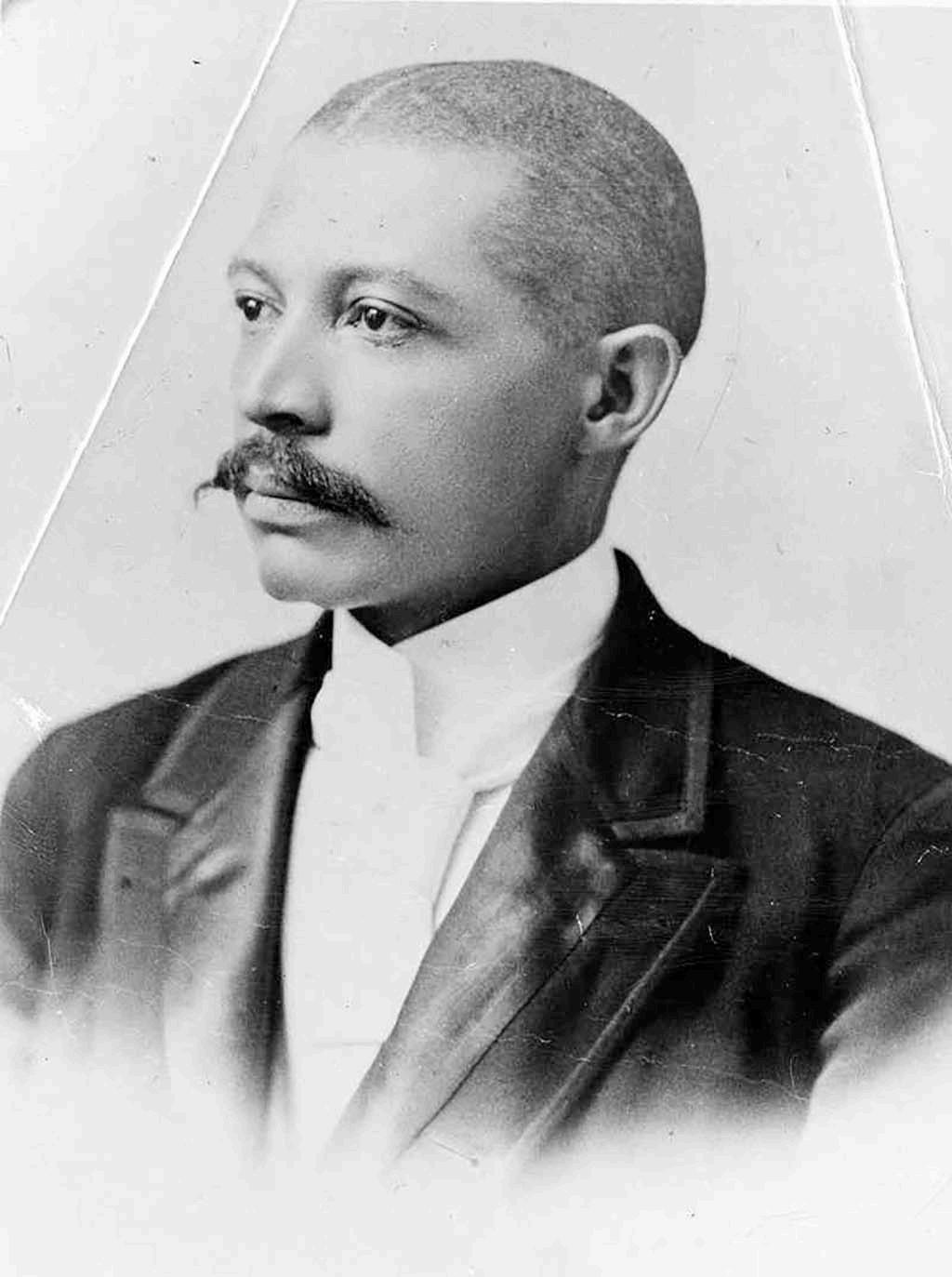
George Washington Williams was a pioneering African American leader whose life spanned military service, ministry, journalism, politics, and historical scholarship. Born in Pennsylvania in 1849, he received minimal formal education but joined the Union Army at age fourteen, later serving in military campaigns in Mexico and the American West. His wartime experiences shaped his later writings on military ethics.
After returning to civilian life, Williams pursued higher education, overcoming early academic obstacles to become the first African American graduate of Newton Theological Institution in 1874. He founded The Commoner, a short-lived newspaper aimed at giving African Americans a voice in national discourse during Reconstruction.
Williams went on to serve as pastor of Union Baptist Church in Cincinnati and made history as the first African American elected to the Ohio legislature. Though appointed U.S. Ambassador to Haiti in 1884, political opposition prevented him from serving. A committed historian, Williams authored influential works on African American history and was commissioned by President Benjamin Harrison to report on colonial abuses in the Congo. He died in England in 1891 while on that mission.
Remembered today as the first prominent African American historian, Williams' legacy reflects his profound contributions to justice, scholarship, and public service.
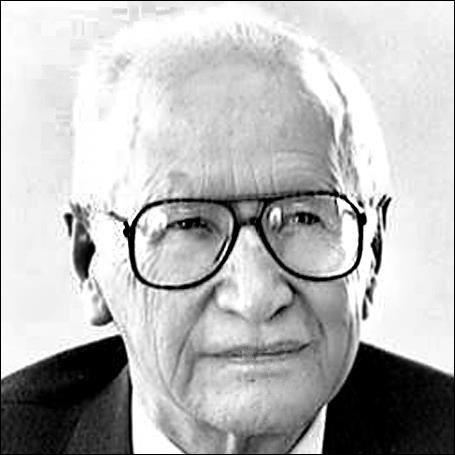

Albert O. Wilson, Jr. was a devoted trustee of Andover Newton for an extraordinary 66 years, serving from 1952 until his death at the age of 100 in 2016. A graduate of MIT and longtime President and CEO of the A.O. Wilson Structural Company, his leadership helped shape many of Boston’s architectural landmarks, including the Museum of Science and the John Hancock Tower.
Beyond his professional success, Wilson was deeply committed to civic and religious life in the Boston area. Guided by a personal creed of service—“Give more than you take out”— he brought visionary leadership and unwavering support to Andover Newton, working alongside eight presidents and embodying the institution’s mission throughout his life.
His legacy is cemented on campus in the form of Wilson Chapel, named in memory of his late wife, Carol. At its dedication in 2007, Wilson emphasized the enduring need for strong pastoral leadership and a faith grounded in the life and resurrection of Jesus Christ. His life and leadership continue to inspire the Andover Newton community.